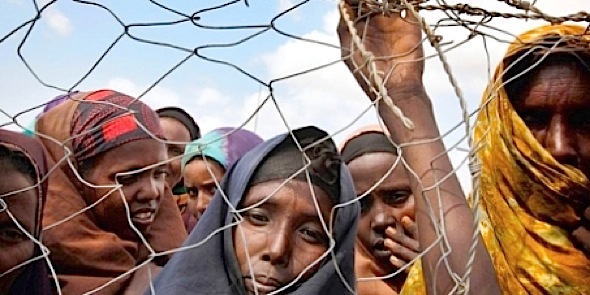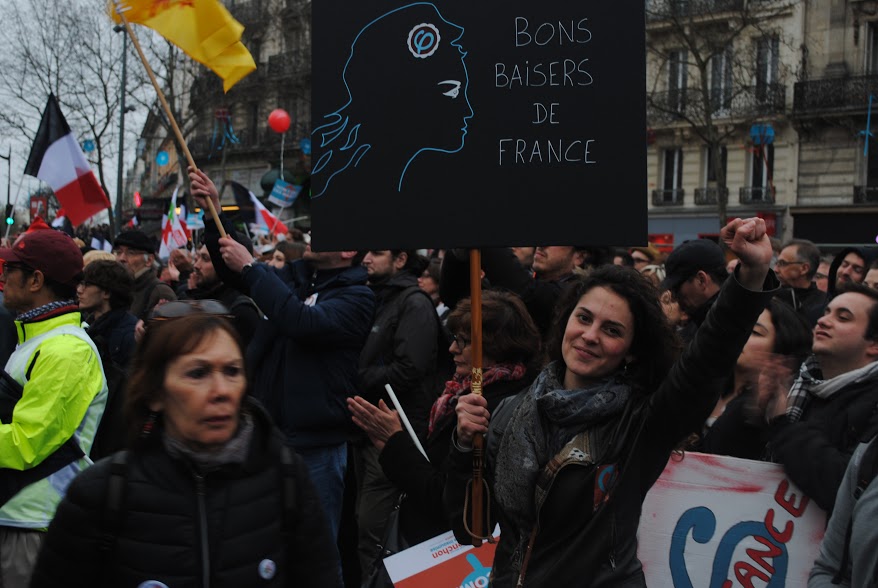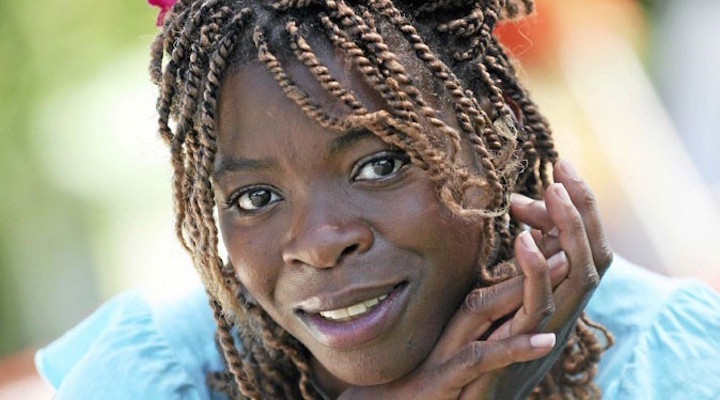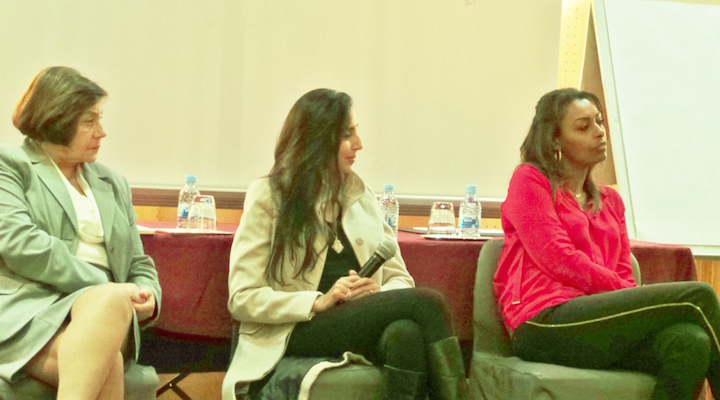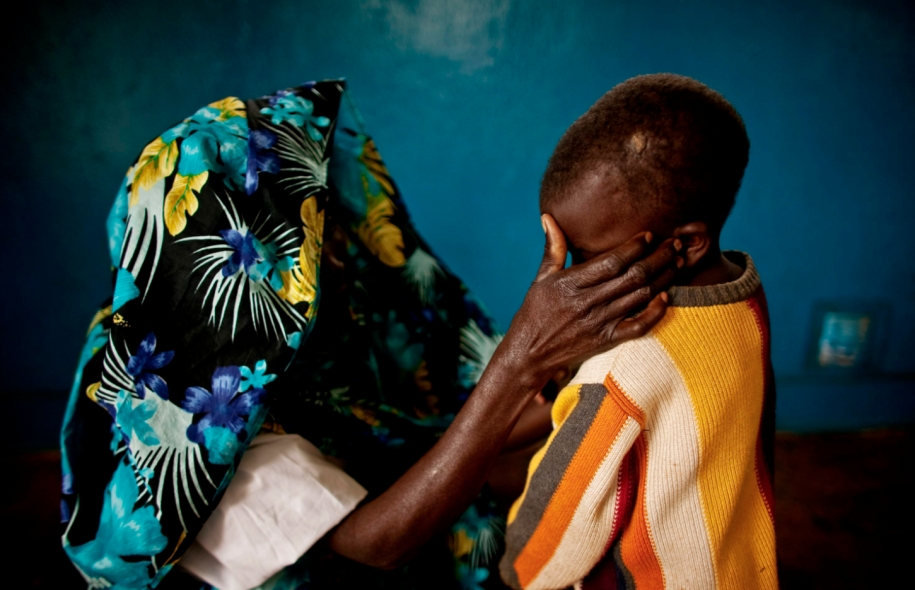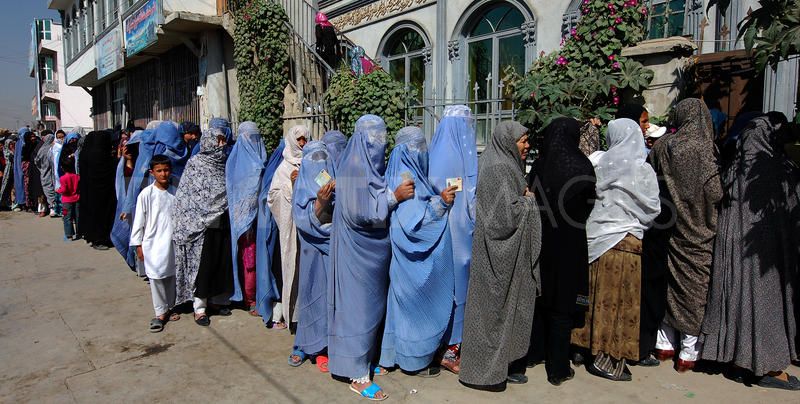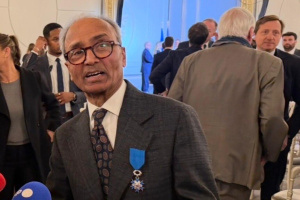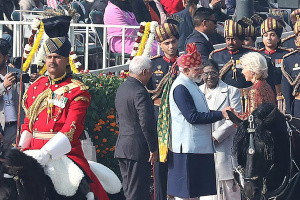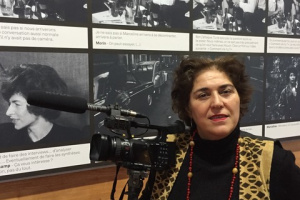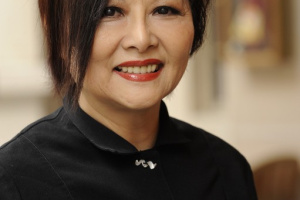En effet, fin février 2013, Laila Ali lança une pétition, adressée au Président somalien et aux pays, pour demander la prise de mesures fortes contre le viol et pour la protection des victimes. ‘No Authority to Rape‘ a déjà rassemblé près de 900 000 signatures, et bénéficie d’un large soutien des ONG internationales de droit de l’homme (HRW, Amnesty International, Sister Somalia, etc.) ainsi que de Zainab Hawa Bangura, la Représentante spéciale de l’ONU chargée de la question des violences sexuelles commises en période de conflit. Avec cette pétition, Ali espère que le gouvernement somalien va véritablement s’engager, ainsi qu’il l’avait annoncé en février dernier, à protéger les victimes de viols et à mettre fin à l’impunité dont profitent les coupables, afin que les femmes somaliennes cessent de vivre dans la peur.
Earlier this year Laila Ali launched a campaign online in support of the international outrage against the unjust arrest and imprisonment of the rape victim Lul Ali Osman Barake and the journalist who interviewed her.
The victim reports that she was gang-raped by five men in uniform when attempting to get food in one of Somalia’s camps for internally displaced persons (IDPs). After the incident, she was forced to wait 8 hours before receivingmedical treatment and was further humiliated by the doctor who subjected her to the ‘finger test’ and handed over a $20 note – which she believes was a bribe to keep quiet. Despite reporting the crime, Barake told reporters that she received no support or even a response from the police for several months, until authoritative ‘support’ arrived and took her away from her young infant. She then suffered a long pre-trial detention and was subjected to a series of interrogations which she described as “very horrible and sometimes threatening.” As a result, the authorities ascertained the identity and contact details of Abdiaziz Abdinur Ibrahim, a journalist who had interviewed her. Despite being unable to read, Barake was made to sign a statement. Following this Ibrahim and Barake were detained. Daniel Bekele, the African Director of Human Rights Watch, states that from the start, Barake’s case was “flawed by serious violations of due process.”
Too much impunity for rape perpetrators
Although Ibrahim and Barake have recently been freed from imprisonment and house arrest respectively, Laila Ali decided to launch the petition ‘No Authority to Rape’ (which nearly 900,000 people signed to date) aimed at highlighting the all too common maltreatment of rape victims in Somalia. It is believed that thousands of women and children are raped across Somalia every day and that members of their community, like the journalist and Barake’s husband, who attempt to bring justice to the perpetrators, are forced into silence. Indeed, the UN Refugee Agency has stated that women and their families live in a “climate of fear” within the camps as a result of these experiences, where the authorities who are employed to protect them (and whose salaries are believed to be paid through international donors) are among the perpetrators.
An international support
In addition, Laila Ali hopes that by addressing an international audience, the petition will gather enough support to effectively pressure the Somali government into taking action to stop rape, control the behaviour of the military and encourage people to speak out about their experiences without fear. She hopes that victims and the communities they live in will follow Barake’s example in reporting rape and underlines that it should never be viewed as a subversive effort to undermine the state, but should instead be viewed as a call to action. Ali hopes that this will help women and communities to feel like incidents of rape will be taken seriously if reported.
She has the support of UN Special Representative on Sexual Violence in Conflict, Zainab Bangura, who promises to directly deliver the petition to Somalia’s donor countries and President Hassan Sheikh Mohamud, in addition to other international human rights organisations such as Human Rights Watch, Amnesty International, National Union of Somali Journalists (NUSOJ), Sister Somalia, and the Committee to Protect Journalists.
The government commits to stop rape, but…
The new Somali government has declared in February 2013 its engagement to provide better protection to victims of rape. But in the light of reports which show the horrifying and growing number of rapes in Somalia, the petition calls their commitment into question. Bekele says these government priorities “have been made a mockery.” In addition to this the petition attacks negative perceptions of rape victims which, according to Illwad Elman, also shape the rape culture in the wider community.
Sophie Stoddart





